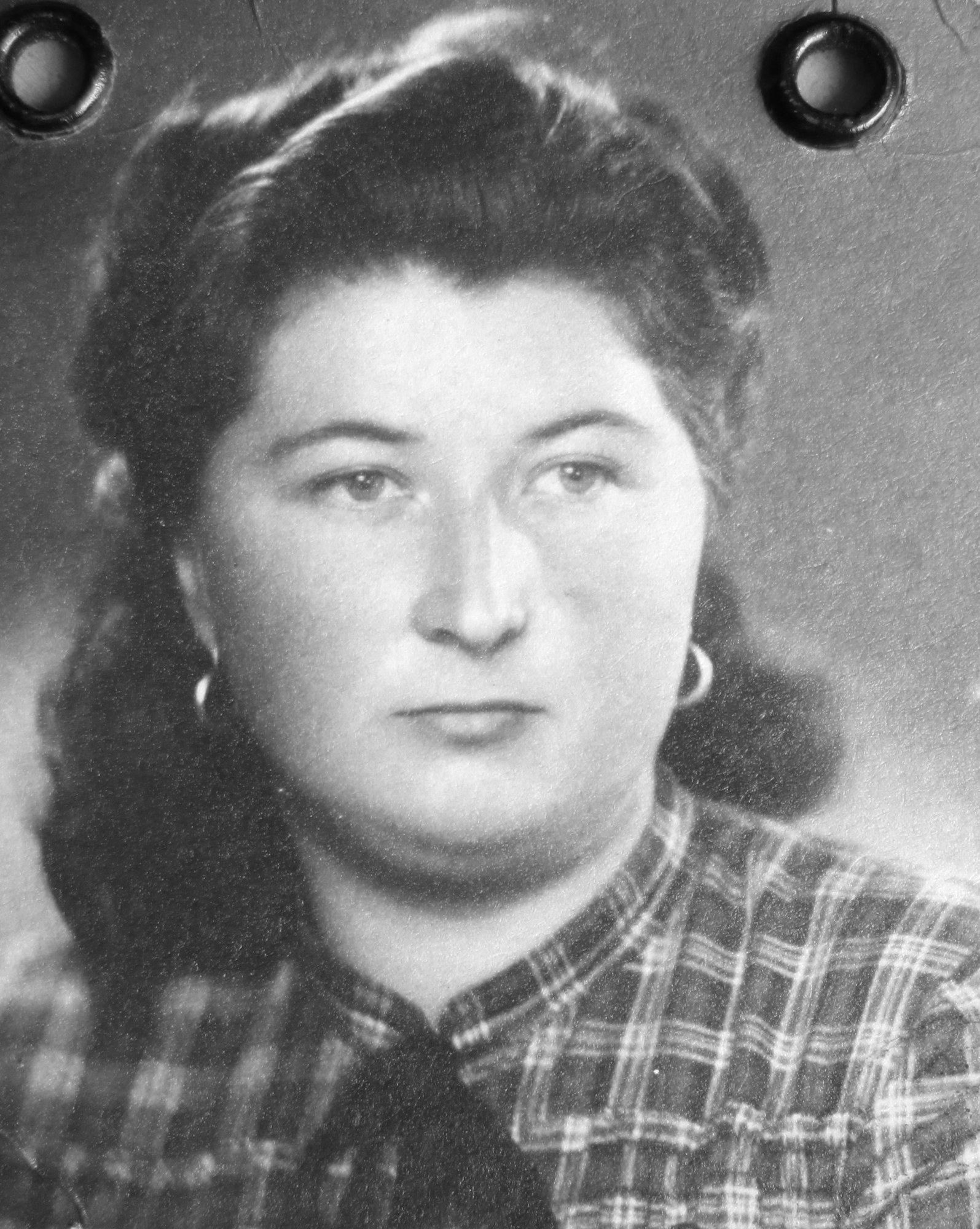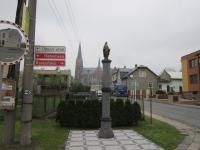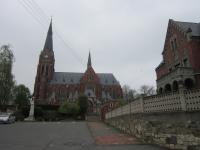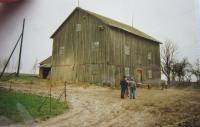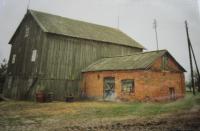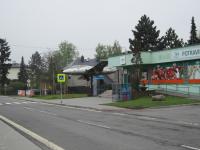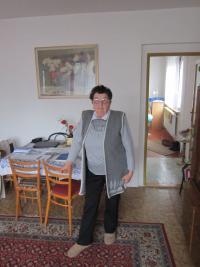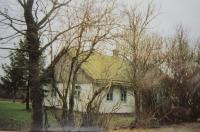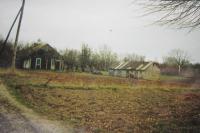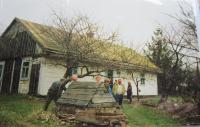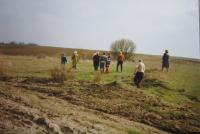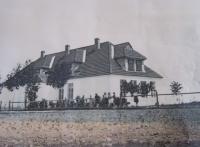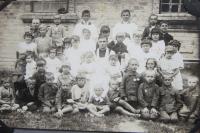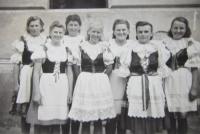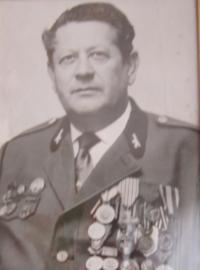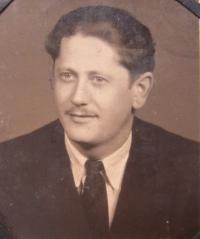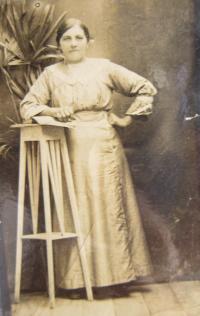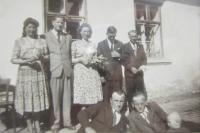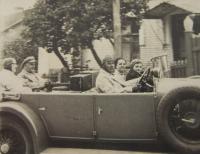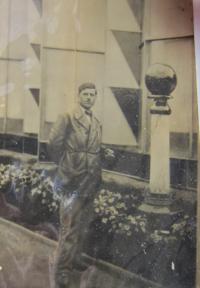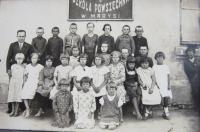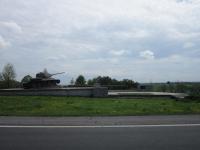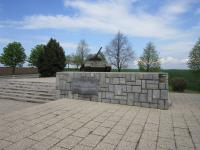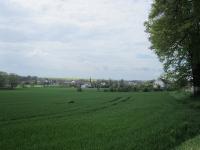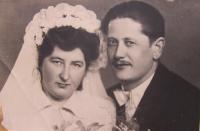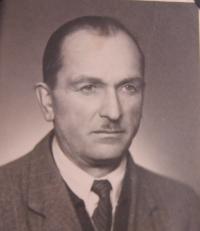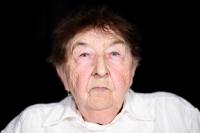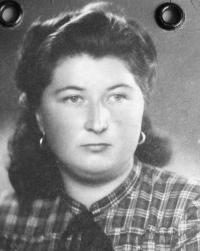There will be Siberia no more
Olga Čvančarová, née Havričenková, was born in Černý Les („Black Forest“) in the Polish part of Volhynia in 1927. Her father was Ukrainian and her mother Czech. Like other parts of Volhynia during World War II, Černý Les was occupied first by the Soviet Union and then by Germany. During the Soviet reign the family was considered to belong to the village rich, and they were threatened with a transport to Siberia. And during the German dominion they gave shelter to a young Jewish girl from Lucek, who had escaped the Germans a moment before execution. If this fact had leaked out, the family could have been killed. After the liberation, Olga Čvančarová worked as an accountant in the family mill which the communist nationalised from them. She lived in a constant fear that her bookkeeping would contain a mistake and she would end up in Siberia. Upon re-emigration, she actually took the accounting ledgers with her into the train - she threw them out of the window only when the train lost view of the station. In Czechoslovakia, she settled down with her mother in Třebom, Hlučín district, where they were given a farm through a presidential decree. She now lives in the nearby village of Sudice.
